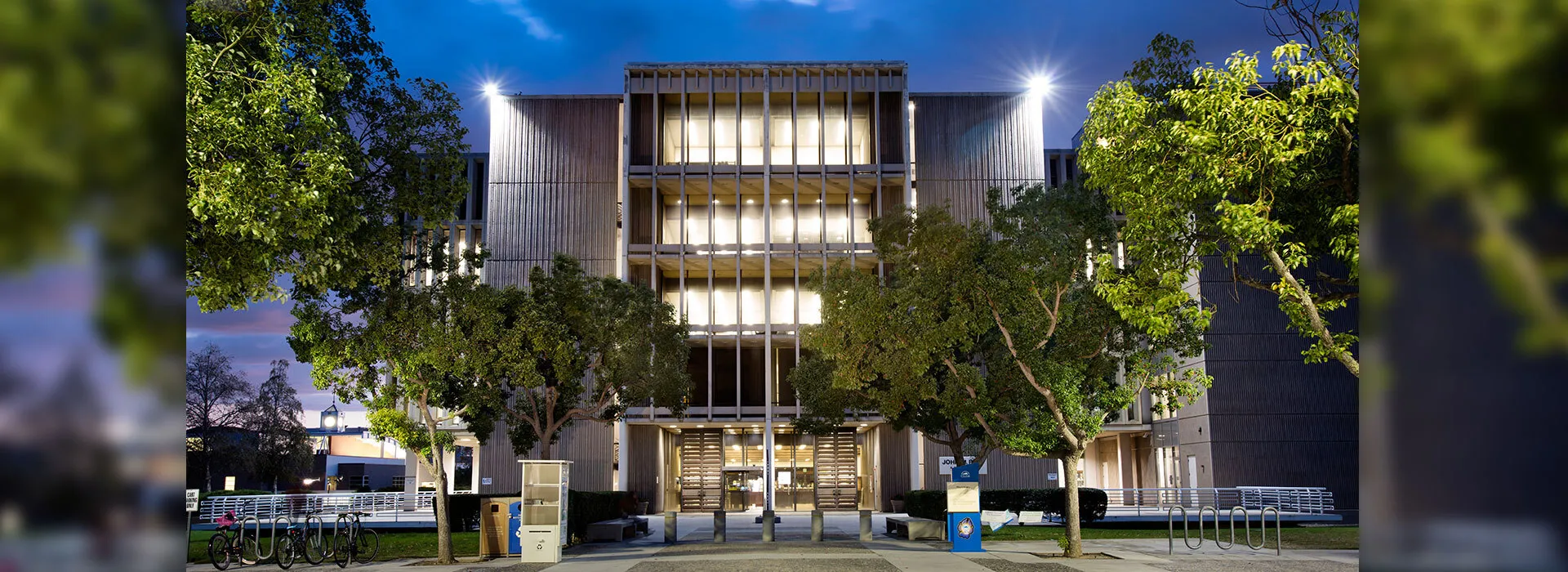
Henry Kissinger, arguably the face of U.S. foreign policy from 1969 to 1977, will be the featured speaker when the 10th annual CHINA Town Hall: Local Connections, National Reflections takes place at Cal State San Bernardino on Tuesday, Oct. 18.
Kissinger — who served as national security adviser and secretary of State in the administrations of presidents Richard Nixon and Gerald Ford, and who was instrumental in opening diplomatic relations with China in the 1970s — will speak via a live national webcast from 4-5 p.m. Organized by the National Committee on U.S.-China Relations, the program will also give the national audience the opportunity to submit questions to Kissinger, moderated by Stephen Orlins, president of the committee.
The event at Cal State San Bernardino, sponsored by the World Affairs Council Inland Southern California and the CSUSB Modern China Lecture Series, will be held in the John M. Pfau Library, PL-5005.
The town hall is free and open to the public, and online pre-registration is available on the World Affairs Council Inland Southern California website. Parking at CSUSB is $6.
Following Kissinger’s presentation, Jeremy Murray, director of CSUSB’s Modern China Lecture Series and an assistant professor of history, will lead a local discussion on “Diversity in How We Perceive Each Other: Impact on U.S.-China Relations.”
“China's rapid development and Sino-American relations have a direct impact on the lives of just about everyone in the United States,” according to the National Committee on U.S.-China Relations, the national organizer of the CHINA Town Hall. “CHINA Town Hall: Local Connections, National Reflections, is a national day of programming designed to provide Americans across the United States and beyond the opportunity to discuss issues in the relationship with leading experts.”
In addition to his years as national security advisor (1969-1975) and secretary of State (1973-1977), Kissinger has taught at Harvard University and is currently chairman of Kissinger Associates, Inc., an international consulting firm. He also is the author of “On China,” and a director of the National Committee on U.S.-China Relations.
“While national security adviser, Dr. Kissinger played a crucial role in arranging President Nixon’s 1972 visit to China, which opened the door to the re-establishment of U.S.-China relations,” the National Committee on U.S.-China Relations said. “His many decades of efforts to strengthen the Sino-American relationship are why we can think of no better person to serve as our CHINA Town Hall speaker as we mark the National Committee’s 50th Anniversary in 2016.”
The National Committee on U.S.-China Relations is the leading national, non-partisan public affairs organization devoted exclusively to building constructive and durable relationships between the United States and China.
For information on the national program with Henry Kissinger, contact Joseph Weed, Director of Communications, National Committee on U.S.-China Relations, at (646) 604-8001 or jweed@ncuscr.org.
For more information on the CSUSB event or the World Affairs Council Inland Southern California, contact Margaret “Peg” Hill, program chair for the World Affairs Council of Inland Southern California, at (909) 537-5648.
About CSUSB
California State University, San Bernardino is a preeminent center of intellectual and cultural activity in Inland Southern California. Opened in 1965 and set at the foothills of the beautiful San Bernardino Mountains, the university serves more than 20,000 students each year and graduates about 4,000 students annually. CSUSB reflects the dynamic diversity of the region and has the most diverse student population of any university in the Inland Empire, and it has the second highest African American and Hispanic enrollments of all public universities in California. Eighty percent of those who graduate are the first in their families to do so.
For more information about Cal State San Bernardino, contact the university’s Office of Strategic Communication at (909) 537-5007 and visit news.csusb.edu.